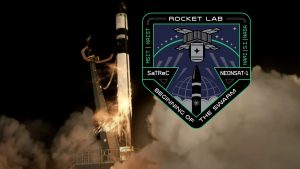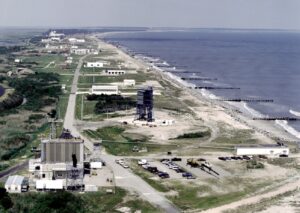Peter Beck Reveals How Rocket Lab’s Trip to Venus Came to Be
15th Oct 2020Rocket Lab is a big name in the space industry today. They have an excellent track record with 14 rocket launches under their belt and successful satellite deployments with an impressive 55 placed into orbit.
Peter Beck, founder and CEO of Rocket Lab, had a very detailed interview with Markus Payer, the Editor-in-chief of Spacewatch Global, and this is what he had to say.
What is the Background Story?
Peter Beck told Payer that he has been passionate about space exploration ever since he was young, when his father took him outside and as he looked at the sky, he showed him an overhead satellite and pointed out that it was man-made. He also mentioned that there may be possible life in the galaxy besides that on earth and Peter stuck by that to this day.
This propelled him into a research trip, where he stumbled across historical research on Venus’s cloud cover. He mentioned that Venus happens to be one of the three biggest possibilities of life existing elsewhere and states that he decided on it as his mission objective since it made the most sense, technically speaking.
The idea of Rocket Lab heading to Venus was put into motion in 2018. This idea was then strengthened by a PhD student who went into more in-depth research on the unique Electron rocket. The conclusion of his research was that the rocket could quickly get to the Moon and Venus; thus, he chose to go with Venus.
The Progress So Far
As NASA begins work on their Capstone mission, Rocket Lab designed its craft to eventually take SmallSats to the Moon and Venus.
The genesis of the mission had to be researched in private since it is not a jurisdictional destination. The urgency of the mission is because Peter Beck says that he wants answers before he dies, more so to answer the many questions most people have about extra-terrestrial life.
Who are the Other Players?
Onboard, there is NASA, a giant in all matters regarding space. The team of scientists involved in the mission also come from several public facilities, including universities and research facilities.
To make it to Venus, it took a few modifications to the Photon and the tests show it’s a hit. The journey is expected to take 160 days and the rocket launch is planned for May 2023.






Thank you for your comment! It will be visible on the site after moderation.